20+ Years Experience
Specialist Education Providers

Pretend play is a fundamental and crucial part of childhood that helps children develop social, emotional, and cognitive skills, making it an essential aspect of their growth and development.
Pretend play, also known as imaginative play, has numerous benefits for children, including the development of imagination and creativity.
Through imaginative play, children can explore different scenarios, create their own narratives, and engage in problem-solving.
This type of play also aids in the development of essential life skills, such as communication, critical thinking, and empathy. Furthermore, it allows children to practice social interactions and improve their social development.
Encourage imaginative play by providing costumes, props, and open-ended toys. Join in the play, ask open-ended questions, and provide opportunities for children to engage in pretend play with their peers.
Engaging in pretend play offers numerous benefits, particularly in enhancing social and emotional development skills.
Through role-playing and imaginative scenarios, children develop their social skills by learning to take turns, negotiate, and cooperate with others.
Pretend play also allows them to explore and express their emotions in a safe and controlled environment, promoting Emotional Development.
By interacting with peers during pretend play, children learn empathy, problem-solving, and communication skills, which are vital for building relationships and navigating social situations.
Overall, pretend play plays a crucial role in fostering healthy social and Emotional Development in children.
Engaging in pretend play has numerous benefits, including the improvement of language and communication skills.
Through pretend play, children develop their language and communication skills, preparing them for successful communication in various social settings.
Pretend play is more than just fun; it also helps to develop problem-solving and critical thinking skills in children. Here are some steps that illustrate how pretend play contributes to cognitive development:
Pretend play is an important activity for children as it promotes empathy and understanding of others. Through role-playing and taking on different perspectives, children develop their social skills and learn to relate to others.
By putting themselves in someone else’s shoes, children can better understand the feelings and experiences of others, fostering empathy and compassion. This type of play encourages children to consider the needs and emotions of their peers, leading to more positive and inclusive social interactions.
In the early 20th century, child psychologist Lev Vygotsky observed the power of pretend play in promoting social development and empathy among children. He believed that through imaginative play, children could develop their understanding of others’ perspectives and learn to interact more effectively in social situations.
Vygotsky’s theories have since influenced educational practices and highlighted the importance of empathy in children’s development.
Engaging in pretend play can significantly contribute to cognitive development in children. Here are some steps to enhance cognitive skills through pretend play:
Pretend play has numerous benefits for physical development in children. Here are some activities to encourage physical development through pretend play:
Pretend play is essential for the emotional development of children. It enables them to explore and understand different emotions, develop empathy, and gain insight into others’ perspectives.
By role-playing, children can experience and express a wide range of emotions, which helps them develop emotional intelligence.
Additionally, pretend play promotes social interaction, problem-solving, and creativity, all of which contribute to emotional growth.
Engaging in pretend play is highly beneficial for social development, helping children acquire essential life skills and empathy. Through role-playing scenarios, children learn to take on different perspectives, understand emotions, and develop problem-solving abilities.
Pretend play provides a safe environment to practice social interactions, such as sharing, negotiating, and turn-taking. It also allows children to experiment with different roles and identities, fostering creativity and imagination.
By actively promoting pretend play, parents and educators can encourage the growth of empathy and emotional intelligence in children.
Providing open-ended toys and materials during playtime is crucial for promoting creativity, imagination, and cognitive development in children. Here are some steps to incorporate open-ended play into your child’s routine:
Creating a safe and nurturing environment is essential for promoting effective pretend play in children. Here are some steps to follow:
In addition, consider these suggestions:
Engaging in imaginative play with your child can have numerous benefits for their development and creativity. Here are some steps to participate in pretend play:
Suggestions:
Playing house or family is a form of pretend play that offers numerous benefits for children’s development. It allows them to explore different roles, learn social and emotional skills, and develop their imaginations.
Through playing house, children can learn important life skills such as problem-solving, cooperation, and empathy. They also learn to communicate effectively and develop their creativity.
Overall, playing house or family is a valuable activity that helps children build a strong foundation for their future.
Pretend play, such as pretending to be superheroes or princesses, is a fantastic and imaginative way for children to explore their creativity and social skills.
Imagining a tea party or restaurant during pretend play can have numerous benefits for children. It allows them to utilise their imagination, develop social skills, practice problem-solving, and enhance creativity.
Pretend play also helps children learn to take turns, share, and communicate effectively. By creating scenarios in a tea party or restaurant, children can explore different roles and responsibilities, develop empathy, and build confidence in their abilities.
This type of play encourages cognitive development, language skills, and emotional intelligence. So, whether it’s pouring imaginary tea or taking orders at a make-believe restaurant, pretend play offers valuable learning experiences for children.
Acting out stories or movies through imaginative play is an excellent way for children to engage their creativity. Here are some steps to encourage this type of play:
Pretend play is crucial for a child’s overall development. It allows them to learn and develop important life skills such as imagination, creativity, and social and emotional skills.
‘Make believe’ or pretend play is actively encouraged in child development as it helps children to practice using their imagination, think creatively, and learn how to think for themselves.
Pretend play is a recognised learning method for young children. It allows them to explore different perspectives, emotions, and ideas, which helps in their cognitive and social development.
There are five key reasons why teachers encourage pretend play in young children:
Pretend play can help in developing a child’s love for reading. By exposing them to new vocabulary and different scenarios, it widens their understanding and appreciation for language, making reading a fun and enjoyable activity.




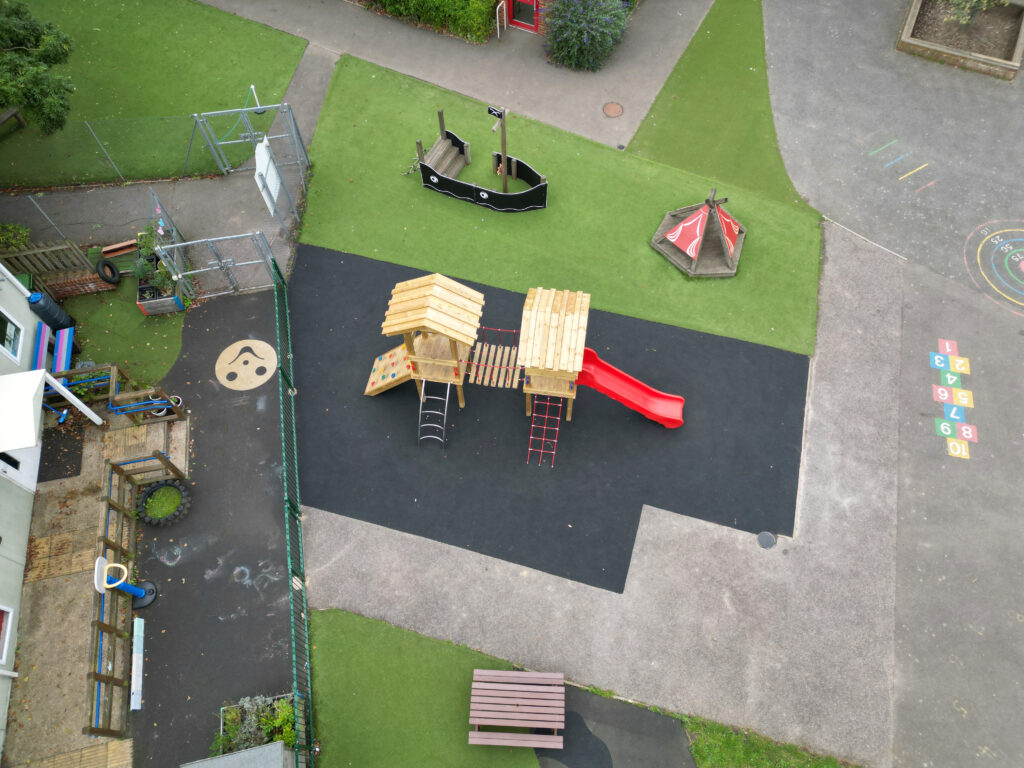

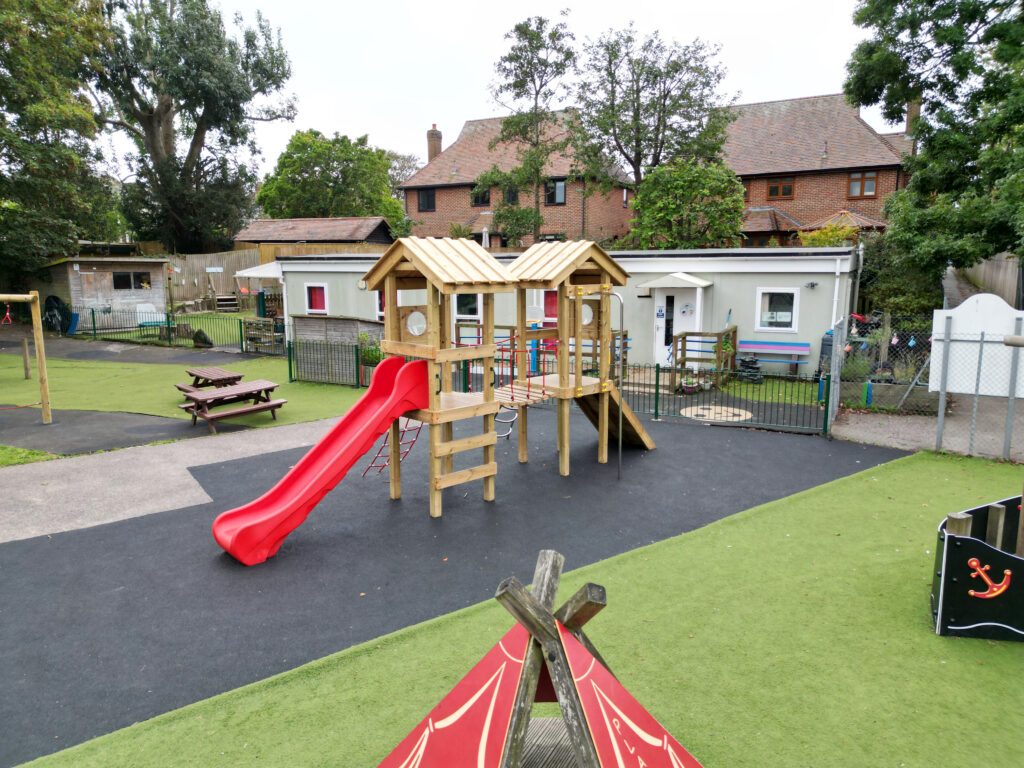
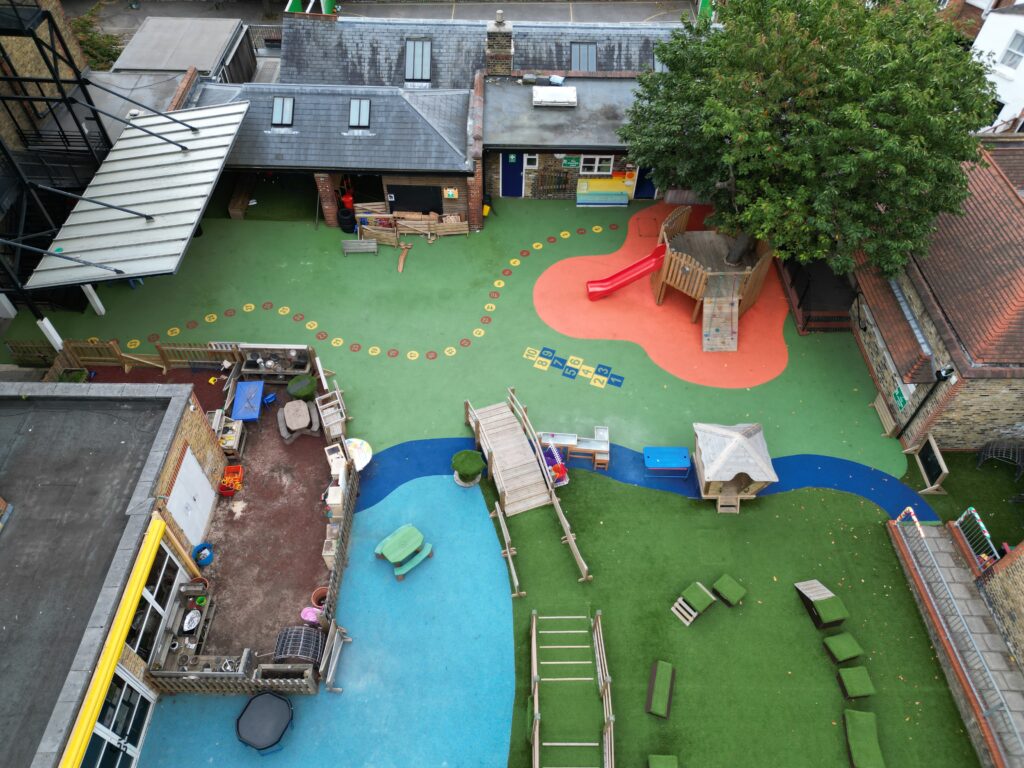






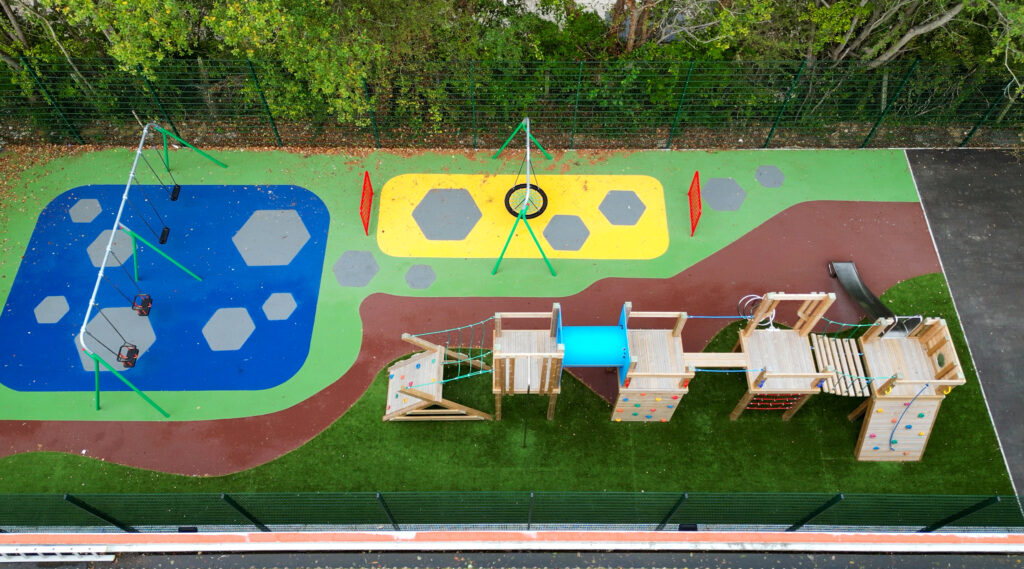




















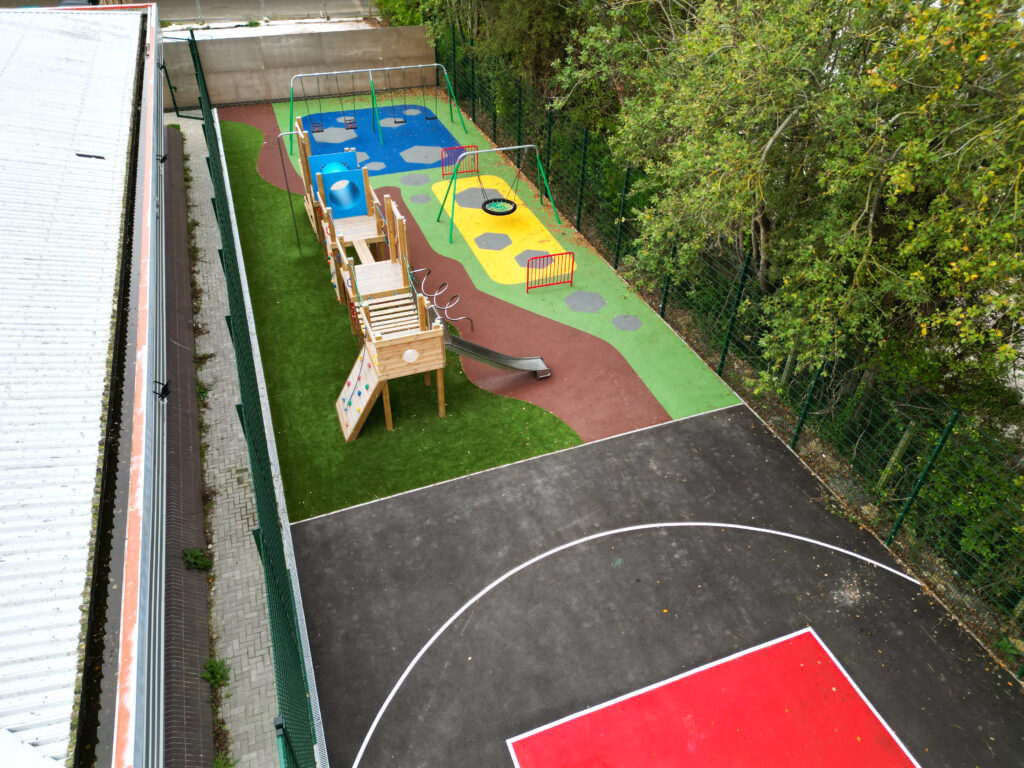



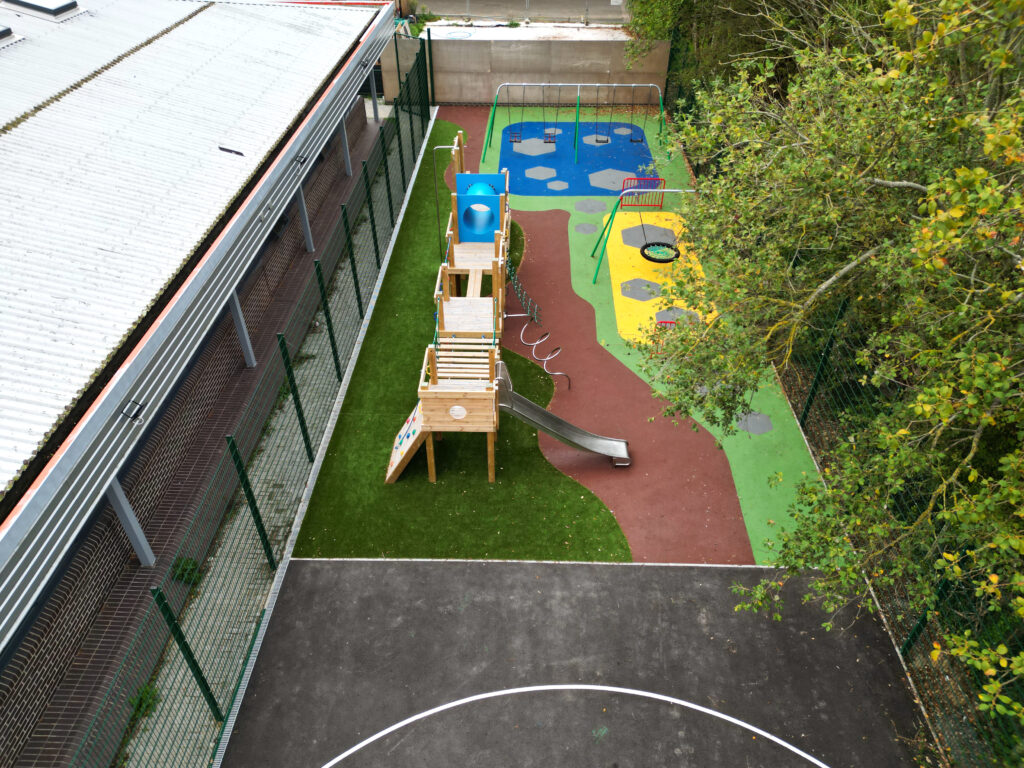







We Aim To Reply To All Enquiries With-in 24-Hours